On March 21, 2026 from 9:00 am to 3:00 pm, our campuses in Görlitz and Zittau will open their doors to you! Find out more about our degree programs, the university and campus life - on site. You can find more information about the Open University Day here.
In recent years, biotechnology has developed into a key technology of the future. With innovative medical agents, new diagnostic procedures and sustainable production methods, it contributes to solving global challenges. The Bachelor's degree course in Molecular Biotechnology at the Zittau/Görlitz University of Applied Sciences provides you with a strong understanding of the unity of scientific and process engineering contexts.
Comprehensive qualification for a wide range of applications
In this interdisciplinary degree program, you will acquire in-depth knowledge in the following areas:
Our teaching concept deliberately conveys a broad range of basic knowledge in order to create a sound basis for starting a career in the very different sub-disciplines of biotechnology. In addition to the scientific fundamentals, technical, organizational and legal aspects such as biological safety and bioethics are also covered, which are essential for responsible action in this innovative field.
| Faculty: | Natural and Environmental Sciences |
| Location: | Zittau |
| Degree: | Bachelor of Science |
| Standard period of study: | 7 semesters |
| ECTS points: | 210 |
| Teaching language: | German |
| Enrolment for: | Winter semester |
| Application: 1.5 to 30.09 | Start of studies: October |
| Admission restriction: | admission-free (without NC) Details |
| No pre-study internship | to the student advisory service |
| Accreditation status: | accredited |
Your seven-semester course is systematically structured and takes you from scientific fundamentals to specific biotechnological applications. In the first semesters, you will acquire a sound knowledge of mathematics, physics, chemistry and biology, which will form the scientific foundation for your further studies. At the same time, you will familiarize yourself with the basics of biotechnology and computer science and develop your English language skills for international scientific exchange.
From the third semester onwards, you will deepen your knowledge in core biotechnological subjects such as genetic technology, bioanalytics and process engineering. You will learn how molecular biology methods are applied in practice and how biotechnological production processes can be designed. In the fourth and fifth semesters, you will focus intensively on cell biology, virology, immunology and pharmaceutical biotechnology, while at the same time you can set individual priorities through elective modules.
The last two semesters offer you the opportunity to apply your knowledge in practice. You will learn about scientific work and the design of biotechnological plants. In two practical modules, you will gain valuable experience in research institutions or companies before completing your studies with the Bachelor's thesis, in which you work scientifically on a topic of your choice.
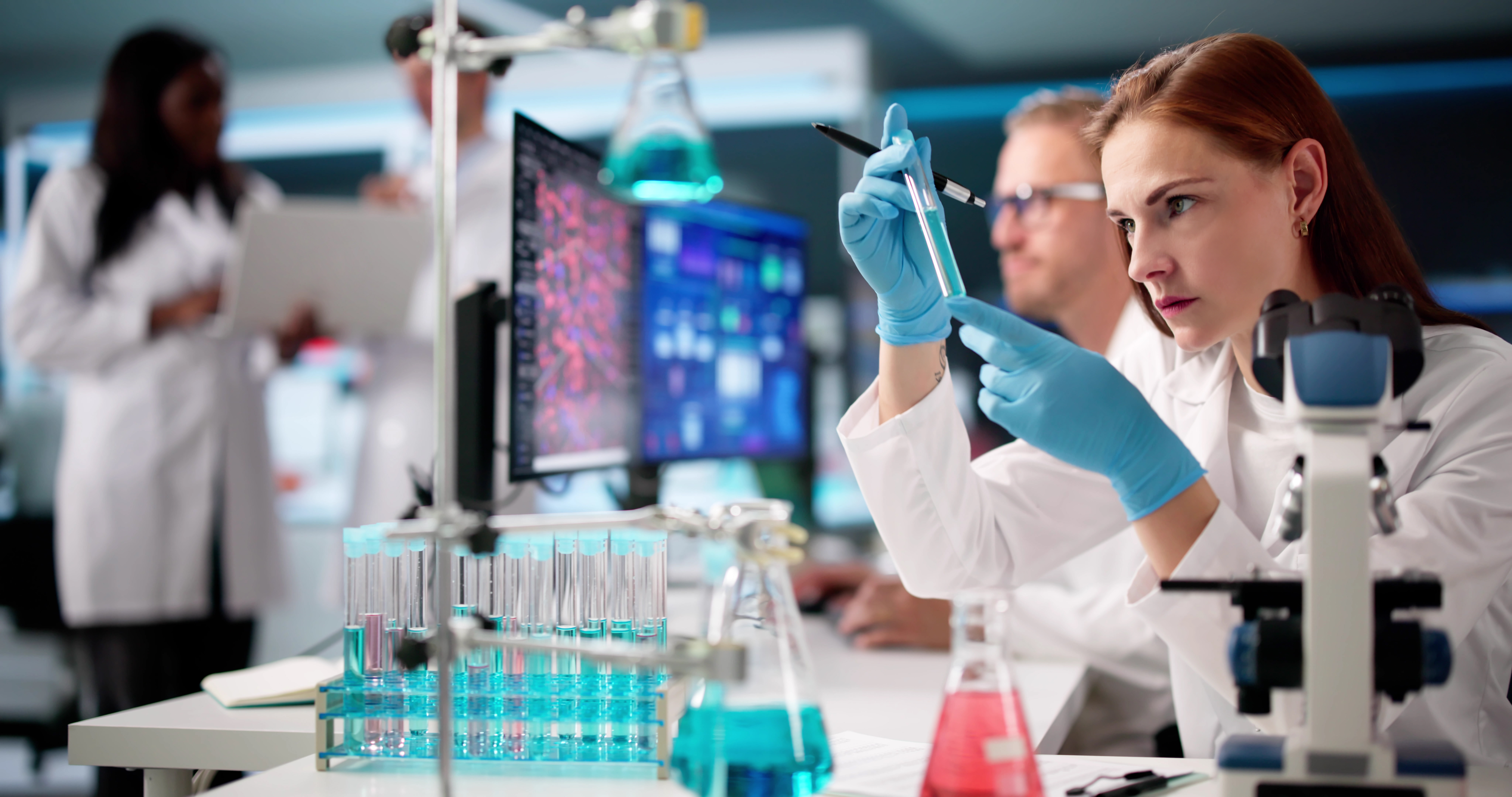
Medical drug production
You will develop and optimize processes for the production of pharmaceutical proteins and antibodies. You will monitor biotechnological production processes and ensure their quality. With your expertise in molecular biology and process engineering, you will contribute to the development of innovative therapies and help to produce life-saving drugs more efficiently.
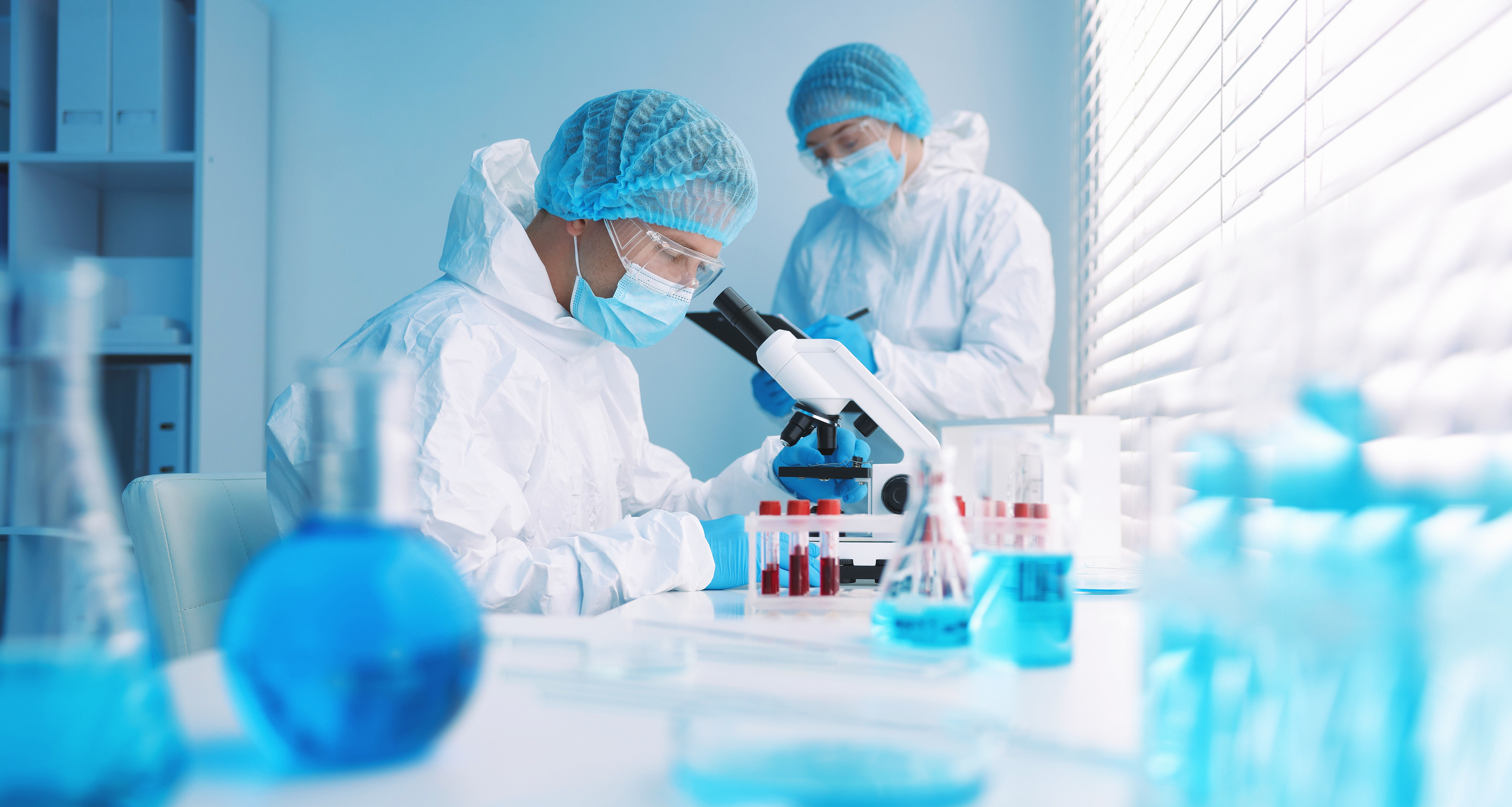
Bioanalytics and diagnostics
You will analyze biological samples using state-of-the-art molecular biology methods. You will develop and validate new test procedures for medical diagnostics. With your expertise in biochemical and genetic analysis methods, you will enable precise diagnoses and contribute to the early detection of diseases.
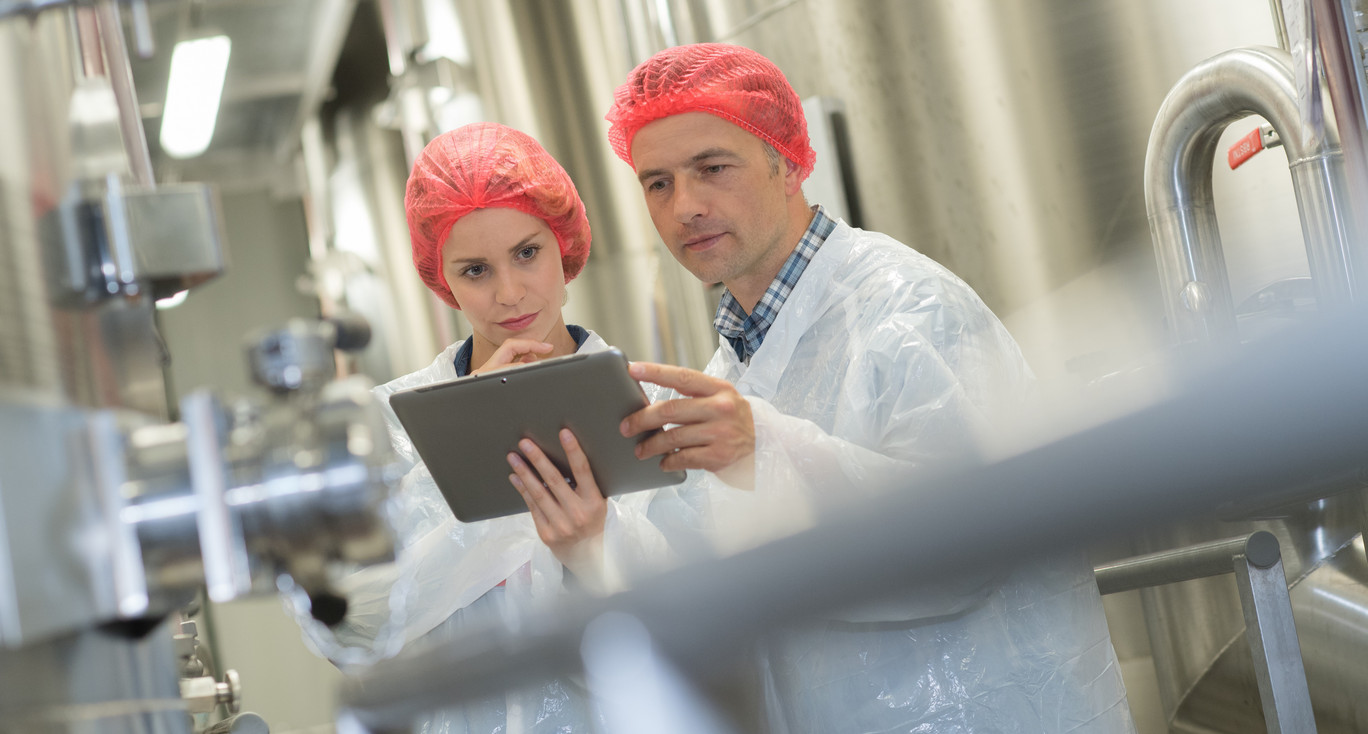
Industrial biotechnology
You use microbial systems to produce valuable chemical compounds. You optimize biotechnological processes for maximum efficiency and sustainability. With your understanding of metabolic pathways and fermentation techniques, you will develop environmentally friendly alternatives to conventional chemical production processes.
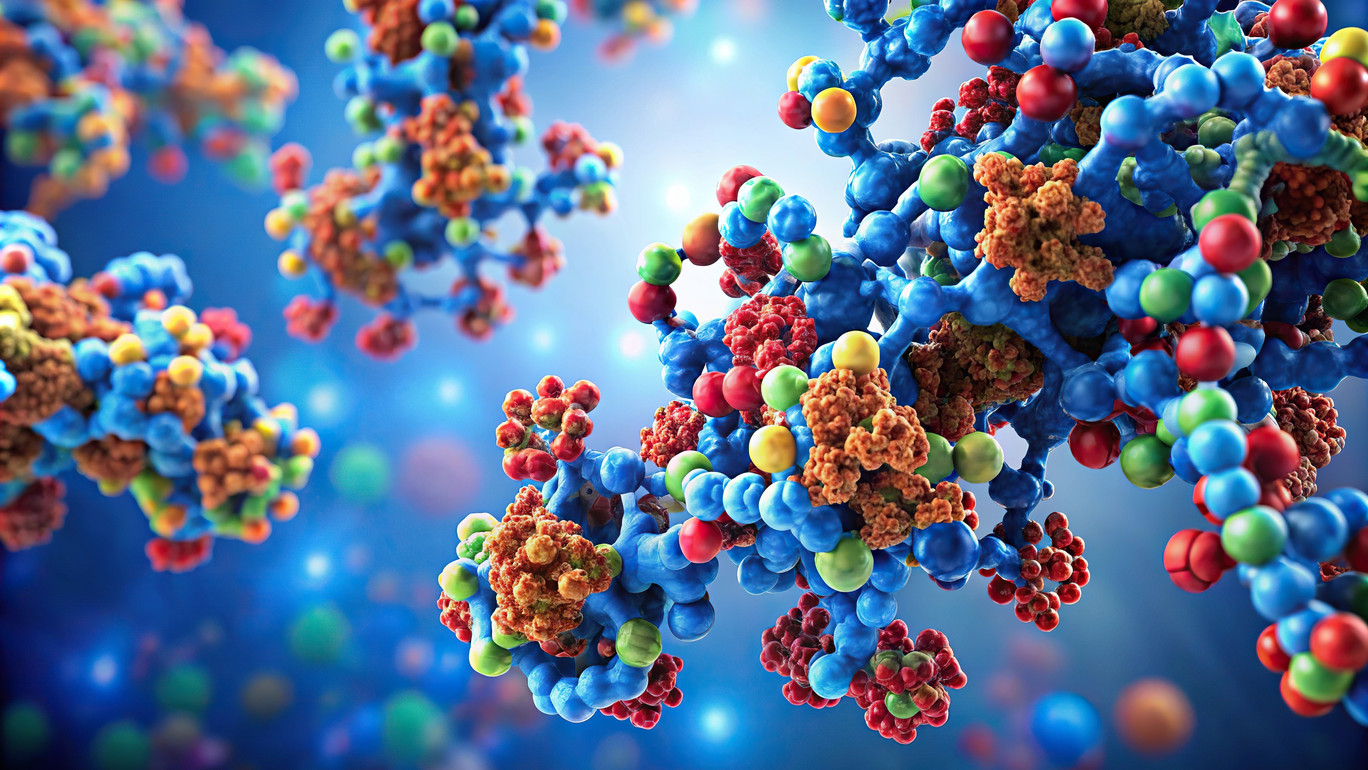
Enzyme catalysis
You will research the function of enzymes and use them as biocatalysts. You will develop enzymatic processes for industrial applications in various sectors. With your knowledge of protein structure and enzyme kinetics, you will contribute to the development of sustainable production processes that consume less energy and resources.
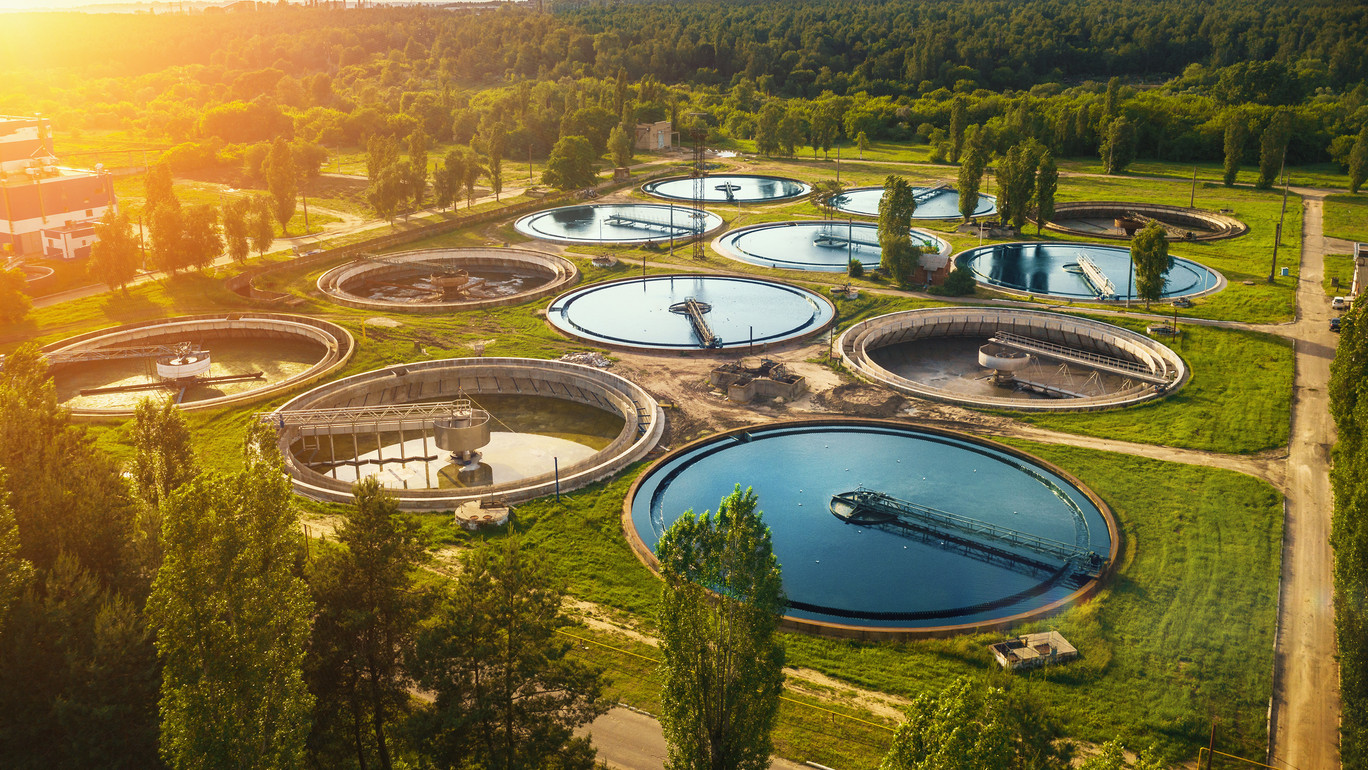
Environmental biotechnology
You will develop biological processes for the removal of pollutants and environmental remediation. You will design sustainable processes for wastewater treatment and waste recycling. With your interdisciplinary knowledge of microbiology and process engineering, you will contribute to environmental protection and a resource-conserving circular economy.

Research and development
You will work on research projects in public or private institutions. You plan and carry out experiments and analyze their results. With your scientific approach and broad specialist knowledge, you will contribute to the further development of biotechnological methods and open up new areas of application in the life sciences.
We now also offer our student advisory service via WhatsApp. Just send us a message to: +49 173 2086748
Studying with us is different. Above all, it's better. Why? We have a family atmosphere. There are small study groups and the lecturers are always there for you. There is a close connection to practice in all degree courses. And finding affordable accommodation is no problem here.
There are many other reasons, such as university sports or the student representatives, clubs and societies. Campus life in Zittau and Görlitz - the wild east - is unique.